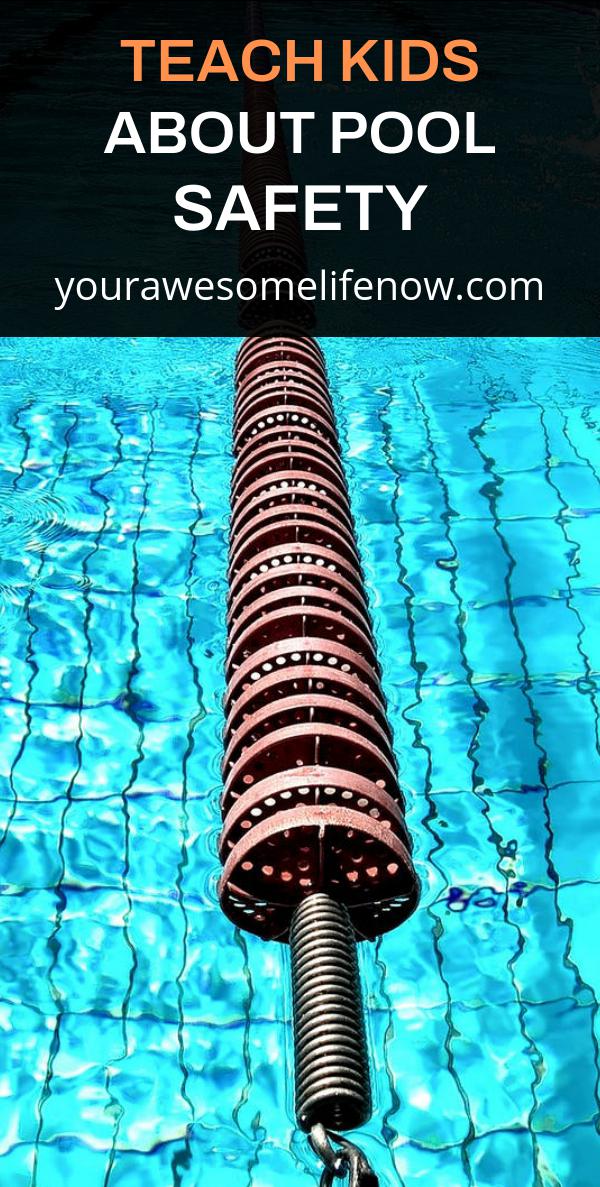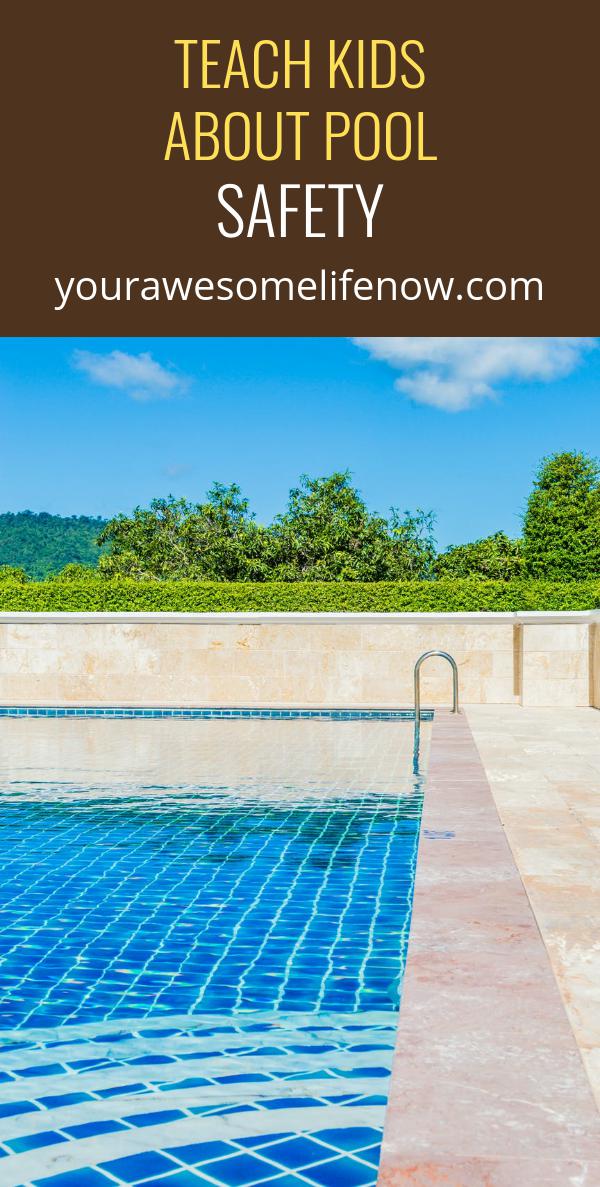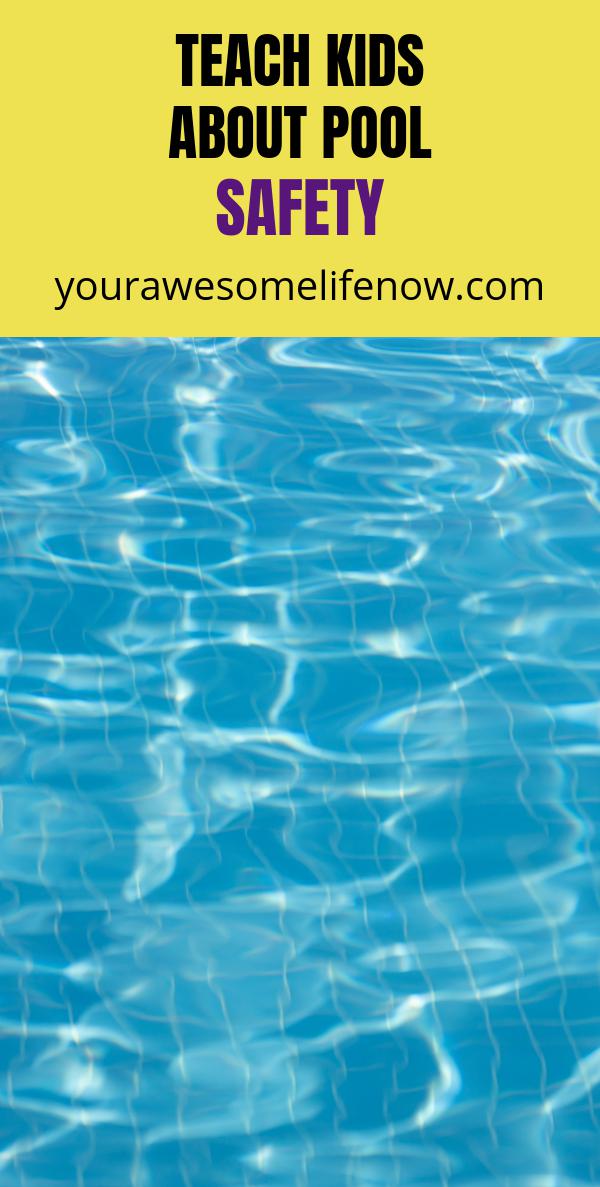Are you the parent of a toddler or a preschooler? If you are, do you have a swimming pool in your backyard? If so, have you spoken to your child about pool safety? If not, this is a step that you will soon want to take.
As for why you should discuss pool safety with your child, it can help to save their lives. What better reason is there? In addition, children can retain information at a young age. Of course, you will always want to offer reminders to your child, but it is never too soon to educate them about swimming pools and their dangers. The more aware you make your child; the less likely you are to be faced with a difficult situation, which may include a fatality.

While it is important to discuss pool safety with small children, namely toddlers and preschoolers, you do not want to outright put fear in your child. You will want them to enjoy the swimming pool, not fear it. However, that enjoyment can only occur when you are right by their side. That is why you will want to proceed with caution.
You can outright talk to your child about pool safety. Let them know that they can be a lot of fun, but that they can also be dangerous. For example, if your child doesn’t know how to swim, explain to them what would happen if they fall in. You may want to refrain from bringing death into the discussion, but it is your decision to make. Speaking of not knowing how to swim, now is the time to either teach your child or sign them up for swim lessons.
Another effective approach to take is to show your child the pool. Show them how deep it is and how dangerous that deep water can be. Let them know that they are not allowed in the pool without you by their side. You may also want to show your child that they can only go swimming with a swimsuit. Of course, you will need to make sure that you keep that suit out of your child’s reach. With this approach, they may be more likely to ask you to go swimming, as opposed to trying by themselves.
If you decide to walk your child out to the pool and discuss safety with them there, now is also the time to create boundaries. If you have a pool fence installed, which you should, let your child know that they are not allowed to play too close to it. Set an imaginary boundary and ask your child not to cross that point. Once again, most toddlers and preschoolers are at the age where they should understand these types of directions.
As for teaching your child what to do in the event of an accident, like a fall in, there are a number of pros and cons to doing so. Yes, you want your child to know what to do, but many parents are afraid this may provide their children with false confidence. Some feel that they may encourage young children to jump right in the pool, even when unattended, as they think they know how to handle the situation.

As for what you should definitely not do, do not show your child how to unlock or unlatch the pool fence gate. This is something that you will want to keep to yourself. In fact, when entering the pool with your child at your side, try to block their view. A pool fence essentially becomes ineffective when your child knows how to get around it.
Although there are a number of different ways that you can educate your toddler or preschooler on the subject of pool safety, it is important to remember that the responsibility of keeping your child safe lays with you. Never leave your child unsupervised around a swimming pool, even if you are not swimming at the time. Install a pool safety fence. Even if the law doesn’t require one, it is still a good pool safety tool to utilize. Pool alarm and safety covers are recommended as well.





